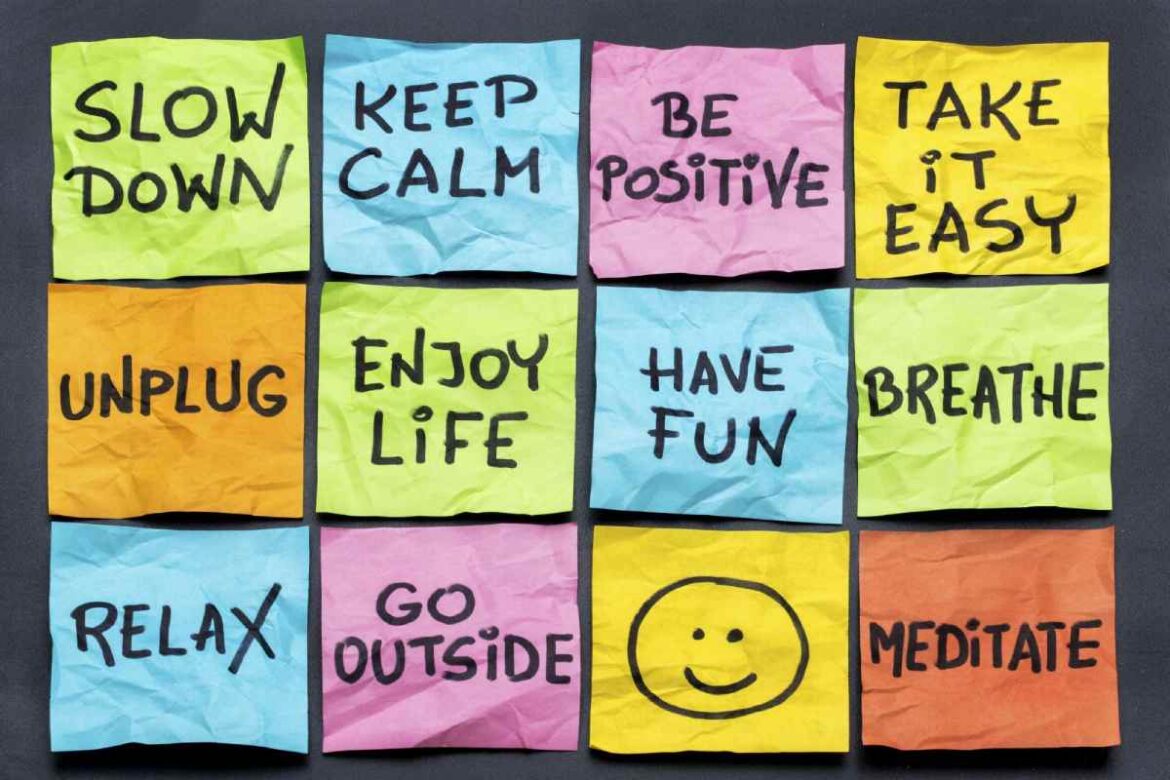Stress is an unavoidable part of modern life, but learning how to manage it well can improve your overall health and well-being. Long-term stress can cause serious health problems, including heart disease, anxiety, and depression. Fortunately, there are many proven techniques to lower stress that can be added into your daily routine. Here are some of the most effective ways to decrease stress and bring more calm into your life.
Practice Mindfulness and Meditation
One of the best tools for managing stress is mindfulness meditation. This practice involves concentrating on the present moment without judgment, which can help you get perspective on stressful thoughts and reduce anxiety. Spending just 10 minutes a day doing mindfulness can lower cortisol levels—the body’s primary stress hormone—and promote relaxation. Apps like Headspace or Calm can guide beginners through the process.
Exercise Regularly
Physical activity is a natural stress reliever. When you exercise, your body releases endorphins, chemicals that enhance your mood and promote a sense of relaxation. Whether it’s walking, yoga, swimming, or weightlifting, regular exercise can support your mental health by reducing anxiety and depression symptoms. Try to do at least 30 minutes of moderate exercise most days of the week to help manage stress.
Prioritize Sleep
Sleep is crucial for emotional resilience. Not enough sleep can increase stress levels and make it more difficult to cope with daily challenges. Get into a calming bedtime routine, avoid screens an hour before bed, and try to get between 7 and 9 hours of quality sleep each night. Creating a restful sleep environment—cool, dark, and quiet—can also improve sleep quality and reduce stress.
Manage Your Time Effectively
Bad time management can cause unnecessary stress and anxiety. Learning to prioritize tasks, break projects into smaller steps, and delegate when possible can make your workload more manageable. Use tools like calendars, to-do lists, or apps to organize your schedule. Saying no to additional commitments when your plate is full is also an important part of stress management.
Connect with Others
Social support is vital in bringing down stress. Being with friends and family provides emotional comfort and practical help when you’re feeling overwhelmed. Sharing your concerns with someone you trust can help alleviate your emotional load and provide new perspectives on problems. Even joining a community group or participating in hobbies can create a sense of belonging and reduce loneliness.
Engage in Relaxation Techniques
Techniques like deep breathing, progressive muscle relaxation, and guided imagery are effective in calming the nervous system. These practices can be done anywhere and take just a few minutes but have a lasting impact on stress levels. Learning to recognize your body’s stress signals early allows you to respond with relaxation techniques before stress escalates.
Limit Exposure to Stress Triggers
Identifying and limiting exposure to stressors when possible can help maintain a calmer lifestyle. For example, if long commutes cause anxiety, consider alternative transportation options or flexible work hours. If you’re moving or shipping a vehicle, choosing a reliable and stress-free service can reduce worry. For example, if you need Delaware car shipping services, using a trusted company can ease the burden and help you focus on other priorities.
Maintain a Healthy Diet
What you eat influences your mood and stress levels. Foods that are rich in vitamins, antioxidants, omega-3 fatty acids and can help improve brain function and reduce inflammation associated with stress. Avoid excessive caffeine and sugar, which can increase anxiety and disrupt sleep. Keeping hydrated and eating balanced meals throughout the day helps keep your energy steady and your mind clear.
Seek Professional Help When Needed
If stress becomes overwhelming or leads to depression and anxiety, seeking help from a mental health professional is important. Therapies like cognitive-behavioral therapy (CBT) have been proven effective in managing stress and building coping skills. Don’t hesitate to reach out for support if you feel you cannot manage stress on your own.


